I often find myself frustrated by flamenco dance being treated as secondary, or just “lesser” than ballet and contemporary dance, as something not to be taken seriously. I think there are many reasons for that, some deeply rooted in flamenco’s history originating as a popular (rather than “high culture”) dance form. But we also need to remember, that as flamenco dancers, we are diplomats for the art form. If we do not act professionally, it’s no wonder people think less of our art form.
The all too frequent lack of professionalism often gets excused with, “oh, that’s flamenco for you” or excused as part of flamenco’s “authenticity.” Acting professionally might kill the “ambiente flamenco” so we make excuses for the lack of etiquette. I think it’s these excuses that keep the art form (and ourselves as artists) down.
Here are a few examples:
- Performers show up late. “Oh, they’re on flamenco time.” Wow, I did not realize we lived in a different reality with different sets of clocks. Maybe we’re just so “in-time” (en compás/in rhythm) in our art, that something’s got to give elsewhere—so it’s perfectly acceptable for us to show up late, start shows late…Is there a reason this is excused in flamenco?
- It’s thought of as excessive if you ask for a contract, or the following information in writing: what you are expected to do, how much you will be paid, who you will be working with, when and how you’ll be paid. If this information is not offered up front, I usually know something is up…and if you’re told you’re asking too many questions, you’re not. Get out. Don’t do the work; if you cannot be respected enough to be given that information, ask yourself if it’s really worth doing the work. Again, in most professions, this information is offered up front and you don’t even have to ask.
- I think we all know that many performers use drugs. This is an unfortunate reality. In almost any other occupation, if you show up to work inebriated, you’d be fired. So why is it excused in the arts, and particularly flamenco? I remember once when I showed up to do a gig the director/soloist was high, and “hanging out” with some of the patrons, and this hanging out included smoking weed. They were enjoying their own fiesta flamenco. The director looked like a fool to me by neglecting the duties as a leader and director, but I can only imagine how the patrons view the situation. They may be having a great time, but does that environment cultivate respect for the art? If that dancer has no problem getting high before a performance, why should patrons take the dancing, the dance space, or the art form seriously? If you want to smoke weed, if that even helps you loosen up to perform, I’m not going to judge you (personally I don’t understand, nor do I participate in that), but if you’re going to do it, do it in private—in your dressing room, at home, etc.—it has an effect on how the art form is viewed. If you want to party after a show, by all means, but remember how you act reflects on more than you—it reflects on the art form as a whole. And I can also say that I can barely have a drink after I perform or my body feels it the next day—and I’m only in my late 20s. If I want to dance well, I have to take care of my body.
- It’s okay to charge far above the prices of any other dance genre. So, is it no wonder audiences feel like they are being ripped-off? Yes, yes, I know—supply and demand. There are far fewer flamenco artists around than other types of dancers. And then you add the exoticism factor. But I think the latter especially adds to the feeling I’ve heard many audience members or students speak of—they are not getting their money’s worth. If a ballet class averages $12 in this city, why is a flamenco class 30-40% more expensive? There’s a smaller student base, so to make a living from the art, we have to charge more. But are the student’s getting their money’s worth that way? This is definitely a complicated topic, but I know people who are turned off by flamenco’s high prices—they feel like the flamencos are taking advantage of their patrons.
- Undercutting fellow artists. If we keep undercutting one another and work for less than the industry’s minimum in the U.S. (which, by the way, is abysmally low at $100 for a tablao/restaurant gig), how do we expect to ever be able to make a living—a profession—from the art form? We have to value the art before we can expect audiences to do so. Even if I desperately need work, I will babysit, tutor, work in an office or restaurant, before I take a gig for less than $100 simply on that principle. It’s a union mentality (even though we don’t have a flamenco union), and more importantly it’s respectful to myself and the work I have done, to my fellow dancers, and to the art form—something far greater than any individual or groups. (On a side note, if I choose to volunteer, such as teaching an outreach class at a community center, I think that still values the work. I am donating my time, and therefore still valuing the work, choosing to give it as a gift to the recipients, and the recipients are not paying. However, if we start teaching general classes for free, this can be problematic–the students expect flamenco to be free, not something worth paying for. Again, it’s a complicated issue…)
Yes, I had a blog recently about how we’re taking ourselves too seriously, but when it comes to professionalism, I think we are not taking ourselves seriously enough. If we treat the infrastructure around the dancing seriously and professionally, that gives us freedom to be as serious—or silly—as we choose to be in the actual performing and the “ambiente flamenco.” We can still go out and have a great time after a show, knowing we put in the work before and during the show. I’m not saying I’m perfect, I am not, I’d just like to raise some awareness as to how our actions on and off stage affect flamenco’s positioning in the dance (and/or arts) world.


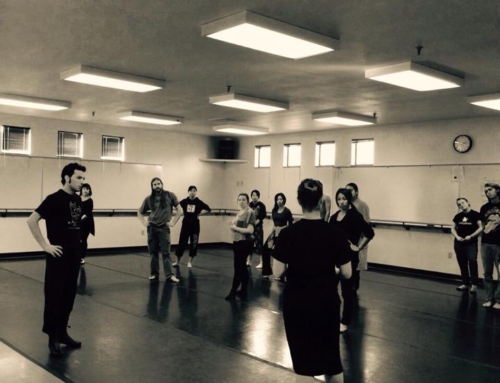
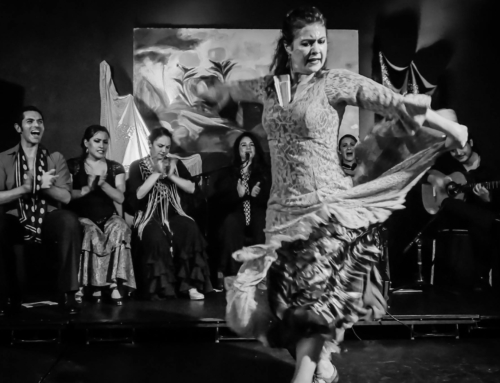


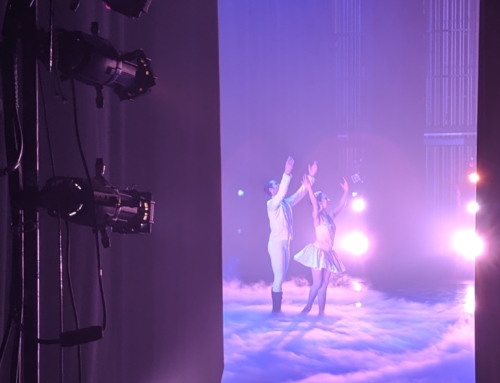
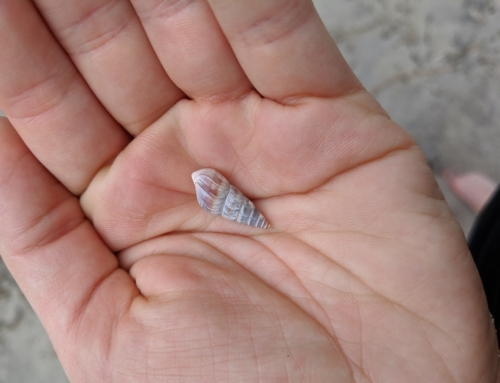

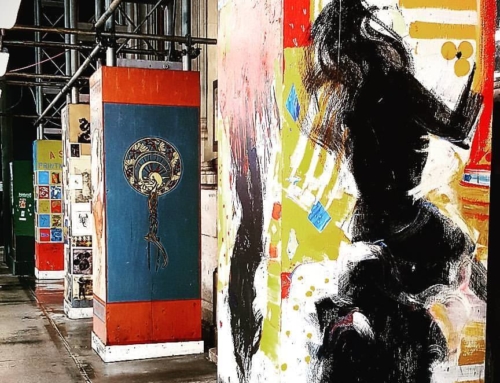
Leave A Comment